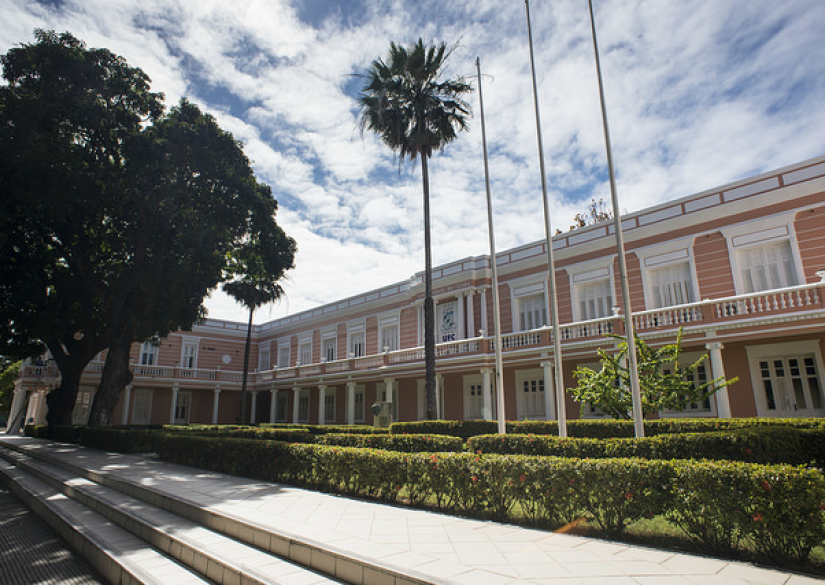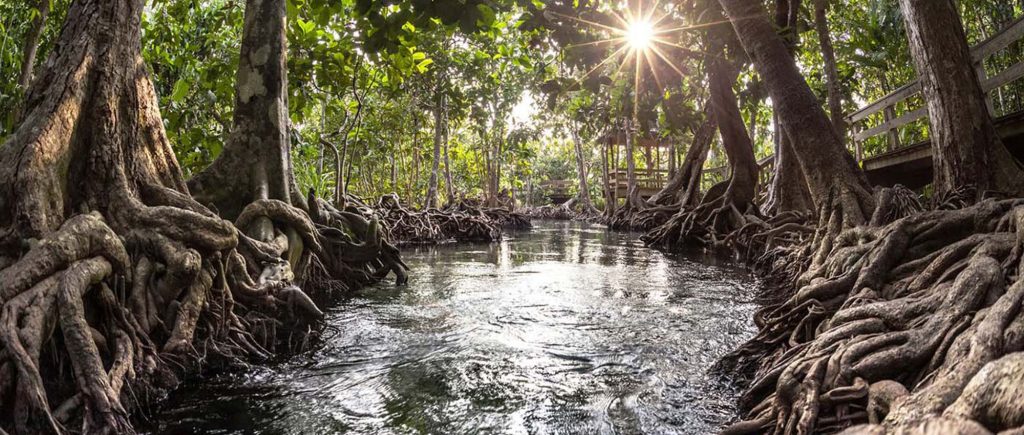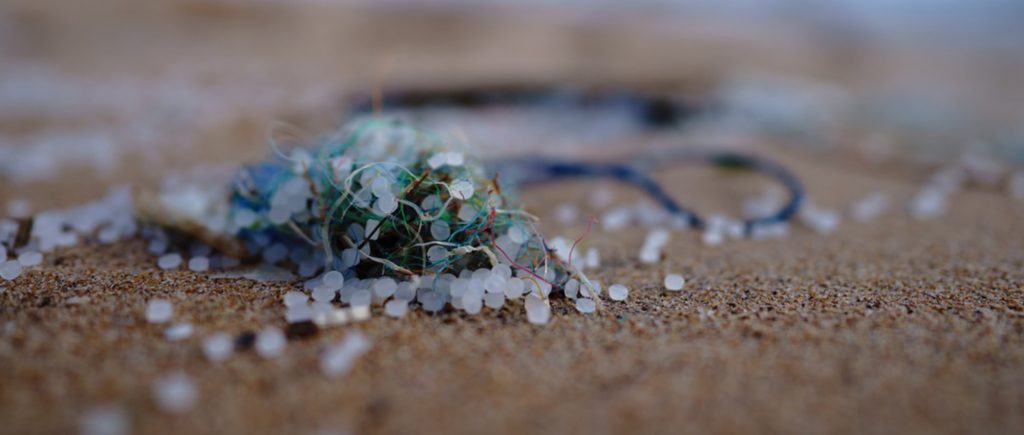
Latest news

The IIES is thrilled to welcome its newest member, EcotoQ in Quebec City, Canada.

IIES Co-director Margaret Graham represented the IIES and the University of Edinburgh at the 2025 United Nations Climate Change Conference, known as the 30th Conference of the Parties (COP30).

IIES members met at the annual meeting of the Canadian Bureau for International Education (CBIE2025) in November 2025 to discuss future partnership opportunities.

From Student to Teacher: Chetwynd Osborne shares how his experiences with the IIES helped shaped his future in environmental science.

I wanted to step outside my comfort zone and the QES program has been the perfect platform for this. I was awarded the opportunity to come to Trent University in Peterborough (Canada) through the QES scholarship during the final year of my PhD at the University of Edinburgh (Scotland).

The IIES is thrilled to welcome its newest member, the Federal University of Ceará in Fortaleza, Brazil.
Current Newsletter

Participant Articles
Donate Today
The International Institute for Environmental Studies is supported by funding from its members, government agencies and private philanthropic donations.
Donate todayYour feedback matters
Help us improve future events and courses so that you and others can get the most of their experience.
Provide FeedbackMembership Agreements

The IIES is thrilled to welcome its newest member, EcotoQ in Quebec City, Canada.

The IIES is thrilled to welcome its newest member, the Federal University of Ceará in Fortaleza, Brazil.

The IIES is delighted to welcome its newest member, Phenikaa University in Hanoi, Vietnam.
Online Lecture Series

The overarching theme of this series is “improving water security” but the presentations touch on many pillars of the International Institute for Environmental Studies, for example water quality and emerging pollutants relating to environmental health.

Mangroves are one of the most efficient and effective natural tools for mitigating and adapting to global change in tropical and subtropical coasts. This seminar series thus focuses on the environmental impacts on, and mangrove response to, global change and on the outcomes of restoration and improved capacities of mangroves to mitigate pressures from global change.

Of the 7 billion tonnes of plastic waste produced globally, less than 10% has been recycled (UNEP). While there is a huge problem with plastic waste generally, more recently researchers have begun to identify problems associated with microplastics, i.e. very small particles of plastic that are either released directly to the environment or are formed in situ.





